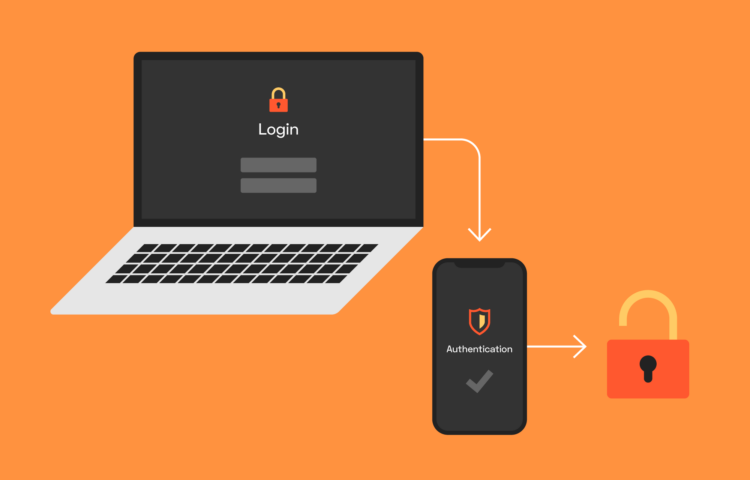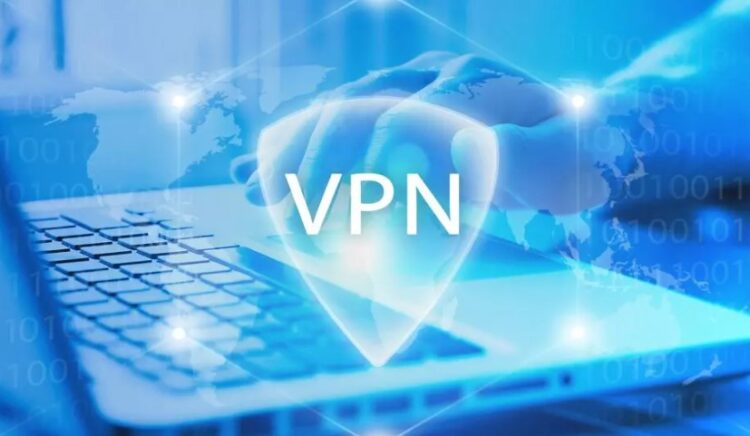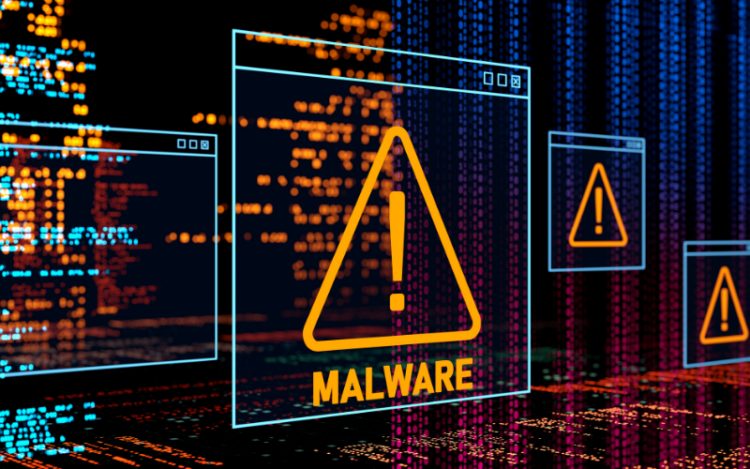Online security risks can have devastating consequences, whether you are a business owner or simply use the internet in your personal life.
With data breaches happening more frequently than ever, it’s vital that every user takes steps to protect their information and keep sensitive data secure. Security protocols are constantly changing, so staying educated on the latest best practices is critical when mitigating security risks online.
In this blog post, we’ll discuss how individuals and businesses can safeguard against digital threats and help ensure a secure experience for everyone using the internet.
With the lack of security, businesses are looking into how to develop an enterprise MDM strategy. Hence, we are here to give you the answers.
1. Use Strong Passwords And Store Them Securely
Passwords are the keys that keep our personal and sensitive information safe from prying eyes. However, the common mistake that people make is using simple, easy-to-guess passwords. Using a strong password that includes a combination of upper and lowercase letters, numbers, and special characters is essential.
Furthermore, storing your password securely will help keep your sensitive information out of the wrong hands. By following these simple steps, you can stay secure and safeguard your privacy online.
2. Activate Two-Factor Authentication On All Accounts

Protecting your online accounts has become more essential than ever. Two-factor authentication is one of the most reliable methods to secure your accounts. This process involves two verification stages, making it more challenging for hackers to break into your accounts.
Two-factor authentication offers you an extra layer of security by requiring a unique code sent to your smartphone or email address and your password when attempting to log in. Therefore, activating two-factor authentication on all your accounts will help safeguard your sensitive information and projects from unauthorized access. Don’t hesitate to secure your accounts today!
3. Keep Your Browser And Operating System Up To Date
Keeping your browser and operating system up to date may seem like a small task, but it can significantly impact your online experience. Not only will you have access to the latest features and performance improvements, but you’ll also ensure that your computer is secure against the latest threats.
Hackers are constantly finding new ways to exploit vulnerabilities in outdated software, but software vendors are continually releasing updates to patch these vulnerabilities. By keeping your browser and operating system up to date, you’ll do your part to stay protected and have a smoother online experience.
So if you haven’t checked for updates on your computer in a while, now’s the time to do so!
4. Utilize A Virtual Private Network (VPN) To Protect Your Online Activity

Protecting our online activity has become a top priority. A virtual private network, or VPN, is the perfect tool for anyone who wants to ensure their online presence stays private and secure. Users can enjoy enhanced privacy and security measures that block any unauthorized access to their internet traffic by utilizing a VPN.
This allows individuals to browse the web without worrying about being tracked or stealing their personal information. Using a VPN is wise for anyone who wants to keep their online activity safe and secure.
5. Avoid Using Public Internet Connections For Sensitive Tasks
Connecting to public Wi-Fi networks when we’re out and about is incredibly convenient these days. However, it’s essential to exercise caution when conducting sensitive tasks online while using these unprotected connections.
Cybercriminals can easily intercept data transmitted over a public network, leaving you vulnerable to identity theft, financial fraud, and other cyber attacks. While it may be tempting to check your bank account balance or log in to your work email while sipping a latte at your local café, it’s better to err on caution and wait until you’re using a secure and trusted network to handle sensitive information.
6. Install An Anti-Malware Program And Keep It Updated Regularly

Protecting our devices from malware is critical. With increasing online threats, a good anti-malware program is essential for any computer user. Installing an anti-malware program is easy, but the real challenge is updating it regularly.
Doing so ensures that your device is equipped with the latest security features and can effectively safeguard against any possible threat. Think of it as a shield that protects your computer against unseen enemies. So take the necessary steps today and invest in a reliable anti-malware program to protect yourself.
Final Thoughts
To sum it up, digital security is essential to taking control of your online safety and protecting yourself from malicious hackers. With hackers wreaking havoc online, businesses should consider how to develop an enterprise MDM strategy.
Taking a few proactive steps now – like using strong passwords, activating two-factor authentications, keeping your browser and operating system up to date, utilizing a VPN service, avoiding public internet connections for sensitive tasks, and installing anti-malware programs – will help make a big difference in keeping your information secure and safeguarding you from potential risks.
It’s also essential to stay informed about the latest cyber threats and be aware of any new methods that could potentially breach your security. With just a bit of effort on your end, you can protect yourself while continuing to enjoy the joys of being online in this digital age!
 Hi Boox Popular Magazine 2024
Hi Boox Popular Magazine 2024



